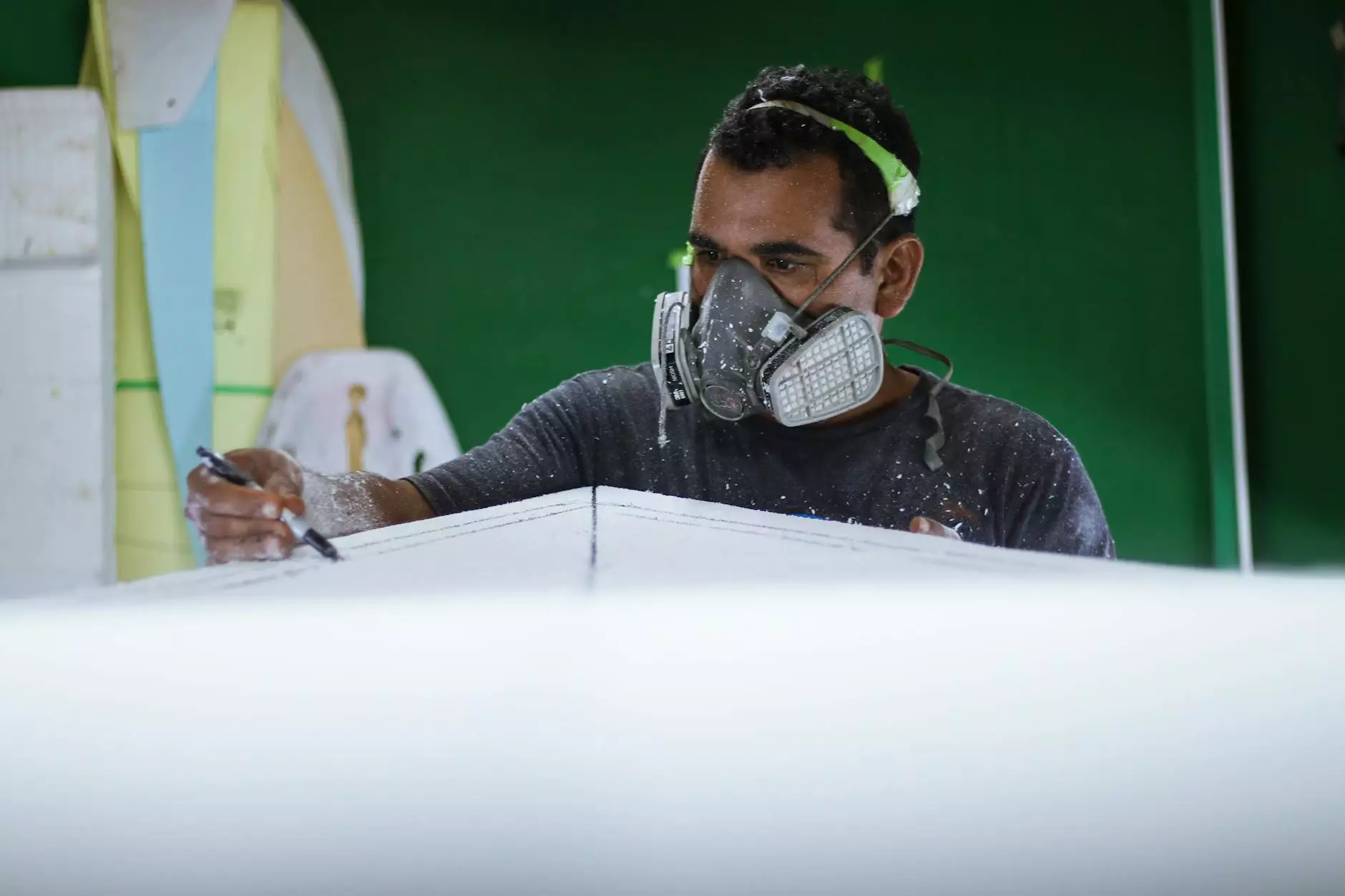Quality First Construction: Elevating Standards in the Construction Industry

In the ever-evolving construction industry, maintaining excellence is paramount. Quality first construction is not just a phrase; it embodies a philosophy that prioritizes durability, sustainability, and innovation. As we delve into this comprehensive article, we will explore various facets of this concept and explain how it influences the construction process, from planning to execution.
Understanding Quality First Construction
Quality first construction emphasizes the importance of meeting high standards throughout the building process. This commitment to excellence involves several critical components, including:
- Material Selection: Choosing high-grade materials that ensure the longevity and stability of the structure.
- Skilled Labor: Employing skilled craftsmen and professionals who understand the nuances of their trade.
- Project Management: Utilizing effective leadership and communication strategies to oversee projects efficiently.
- Innovative Techniques: Implementing the latest technologies and construction methods to enhance quality.
The Importance of Quality First Construction in Modern Projects
In today's construction landscape, the need for quality first construction has never been more critical. The implications of neglecting these standards can be far-reaching:
1. Safety Concerns
Ensuring safety is at the forefront of any construction project. Quality first construction practices help mitigate risks by adhering to building codes, conducting regular inspections, and utilizing safe methods. This reduces the likelihood of accidents and injuries on-site.
2. Cost Efficiency
Although investing in quality materials and skilled labor can incur higher upfront costs, the long-term savings are undeniable. High-quality construction reduces the need for repairs and maintenance, ultimately saving time and money over the lifespan of the project.
3. Environmental Sustainability
With an increasing focus on sustainability, quality first construction integrates environmentally friendly practices. This includes using sustainable materials, minimizing waste, and implementing energy-efficient designs that lower the building's carbon footprint. Ultimately, this aligns with global efforts to combat climate change.
4. Enhanced Reputation
Contractors who make quality first construction a priority establish a reputation for reliability and excellence. This not only attracts new clients but also fosters trust and loyalty among existing customers. In an industry where word-of-mouth is vital, reputation can make or break a business.
Key Components of Quality First Construction
Several critical components contribute to achieving quality first construction. Let's explore these elements in greater detail:
1. Effective Planning and Design
Quality begins long before construction starts. It is essential to invest time in thorough planning and design. This ensures that the project meets all necessary codes and standards while also fulfilling the client’s vision. Engaging experienced architects and project managers can significantly impact the quality of the final product.
2. High-Quality Materials
The choice of materials plays a vital role in construction quality. High-quality materials are more durable and require less maintenance. Contractors should always source materials from reputable suppliers and conduct quality checks before use.
3. Expert Craftsmanship
A project is only as good as the people working on it. Skilled labor is crucial for quality first construction. Hiring experienced tradespeople who take pride in their work ensures that every aspect of the construction is executed to the highest standard.
4. Continual Quality Assurance
Implementing a continual quality assurance process through regular inspections and audits can identify issues early on. This proactive approach allows for timely corrections and ensures that the project stays on track.
5. Customer Feedback
Listening to and acting on customer feedback is essential for improvement. After project completion, engaging clients in discussions about their satisfaction can provide valuable insights that help refine future projects.
Sustainable Practices in Quality First Construction
Sustainability is becoming increasingly integrated into quality first construction practices. Here are some sustainable construction methods that enhance both quality and environmental responsibility:
1. Green Building Materials
Using renewable and recycled materials can significantly lower the environmental impact. Choosing products with minimal environmental harm is crucial for sustainability.
2. Energy-Efficient Systems
Incorporating energy-efficient systems, such as high-performance HVAC systems, can reduce energy consumption significantly. This practice not only benefits the environment but also lowers operational costs for building owners.
3. Waste Reduction Techniques
Employing waste reduction strategies during construction minimizes landfill contributions. This can include using advanced inventory management and recycling materials wherever possible.
4. Water Efficiency
Utilizing water-efficient fixtures and systems in designs can contribute to sustainable practices. These measures help conserve water resources and reduce utility costs.
Choosing the Right Contractor for Quality First Construction
Selecting the right contractor is essential for executing quality first construction projects. Here are several tips to consider when making this crucial decision:
1. Evaluate Experience and Expertise
Look for contractors with extensive experience and a strong portfolio in similar projects. An experienced contractor is likely to deliver reliable results.
2. Check References and Reviews
Request references and read customer reviews to gauge a contractor's reputation. Positive feedback is a strong indicator of a contractor’s commitment to quality.
3. Assess Quality Assurance Practices
Inquire about the contractor's quality assurance processes. A contractor who prioritizes regular inspections and audits is more likely to produce quality results.
4. Discuss Project Management Skills
Effective project management is crucial for maintaining timelines and budgets. Make sure the contractor demonstrates strong leadership and communication skills.
5. Consider Sustainable Practices
If sustainability is important to you, choose a contractor who implements eco-friendly practices and demonstrates a commitment to sustainable construction.
The Future of Quality First Construction
As technology advances and the demand for sustainable building practices grows, the future of quality first construction looks promising. Innovations such as Building Information Modeling (BIM), prefabrication, and smart building technologies are transforming the industry and further enhancing quality standards.
With a focus on enhancing efficiency, safety, and sustainability, the adoption of these technologies will undoubtedly play a pivotal role in shaping the future of construction.
Conclusion
In conclusion, quality first construction is essential for achieving outstanding results in the construction industry. By prioritizing high standards in material selection, craftsmanship, project management, and sustainable practices, contractors can ensure that their projects not only meet but exceed client expectations. Adopting these practices leads to longer-lasting structures, enhanced safety and sustainability, and a reputation for excellence within the industry.
To make the most informed decision for your next construction project, choose a contractor who embodies the principles of quality first construction. The results will speak for themselves, ensuring that your investment stands the test of time.









